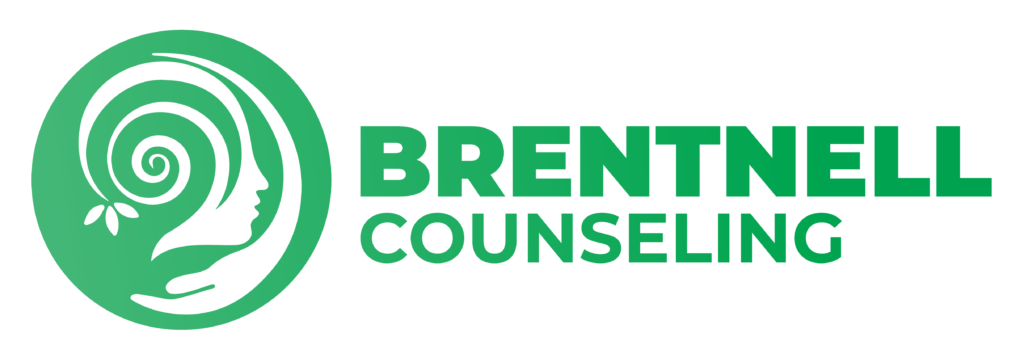Traumatic experiences are sadly common for many people, and the rate of trauma increases as we grow older. Some traumatic experiences occur during adulthood and others linger from childhood. No matter what you have experienced, we all deserve to heal and grow from the trauma that has affected our lives. Often, it’s difficult to understand the impact that past trauma has had on our choices, relationships, and overall quality of life. I believe that building trust in the therapeutic relationship and learning about the effects of trauma are both vital aspects to healing from trauma, and these are my initial focus during trauma therapy. Talking about trauma can be scary, especially because one way that we deal with trauma is by trying to “not think about it” and “pretend it didn’t happen.” Talking in a trusting and compassionate environment allows you to take steps towards healing on your own time frame, at your own pace. Common symptoms of trauma that I address during individual therapy are general & social anxiety, depression, guilt & self-blame, hypervigilance, high reactivity to trauma triggers, and unhealthy relationship patterns.
Specialty Areas:
- Domestic & Interpersonal Violence
- Sexual Abuse & Assault
- Complex Trauma
- Childhood Trauma
- Physical & Emotional Abuse
- Grief & Loss

Trauma Therapy for Children & Adolescents
Trauma-Focused Cognitive Behavioral Therapy (TF-CBT) is an evidence-based therapy specifically designed to treat children and adolescents ages 3-18 who have experienced trauma during their life. TF-CBT addresses complex trauma, developmental trauma, individual traumatic events and PTSD. This structured therapy incorporated many techniques such as psychoeducation, emotional expression and regulation, cognitive processing, understanding and coping with triggers, mindfulness and relaxation skills.

